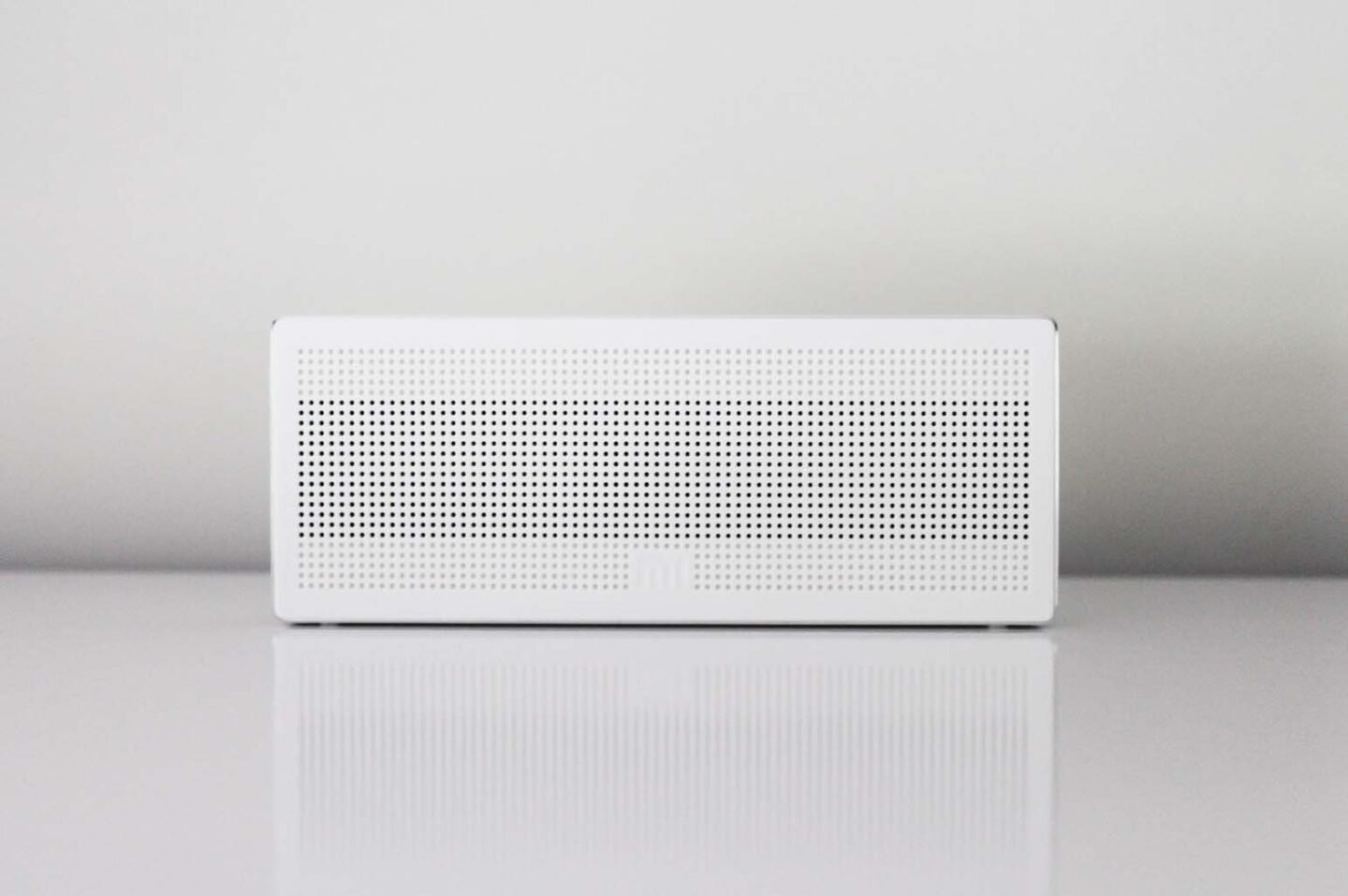Air filters are the critical elements inside our HVACs that ensure we inhale clean and healthy air, free from germs, bacteria, mold, spores, and other allergens. One factor that distinguishes the best air filters from the average is the MERV rating. We’ve discussed more about MERV ratings and how to choose the right air filter below:

What Is a MERV Rating?
MERV stands for minimum efficiency reporting value. This is the standard used to measure how effectively an air filter captures air particles that pass through your furnace or air conditioner. MERV ratings are ranked from as low as 1 (least efficient filters) to as high as 16 (most efficient.)
The particles that pass through or are trapped by these air filters are measured in microns. Like bacteria, the smallest particles an air filter can trap are microscopic (less than 0.3 microns). Larger particles are greater than 10 microns, for example, textile fibers.
That said, an air filter with a MERV rating of 1 to 5 is considered low quality, while those with a MERV rating of 16 are used in specific applications. For instance, it’s used in hospital surgical environments where a high level of air purity is required to avoid contamination.
MERV Ratings and Efficiency
When determining the efficiency or MERV ratings of air filters, two tests are commonly used. One is the Dust Spot Efficiency Test, and the other is the Arrestance Test. The former checks the filter’s ability to eliminate atmospheric dust particles from the air. Arrestance Tests measure the air filter’s ability to remove synthetic particles.
Most air filters eliminate 90% of the injected particles, passing the Arrestance test, but only high-quality air filters pass the Dust Spot Efficiency Test. Air filters with MERV ratings of 1 to 5 can effectively trap dust, pollen, and fibers. However, they are ineffective in trapping smaller particles such as pet dander, mold spores, or aerosol sprays.
Air filters with MERV ratings of 8 to 13 are of high quality and best suited for residential homes and commercial properties. For instance, a MERV-8 air filter is great for basic residential use, while a MERV-11 air filter is slightly more effective. The highest MERV rating for residential and commercial use is the MERV 13 air filters. The latter removes large and medium-size particles as well as microscopic compounds such as sneezes, odors, all bacteria, and other microscopic allergens.
Choosing the Right Air Filter
A MERV rating is a critical component to consider when choosing an air filter, but it’s not the only one. The material of the air filter is another important factor to consider. For instance, fiberglass air filters are of lower quality than pleated paper. Similarly, a higher MERV rating doesn’t always mean that the air filter is suited for all applications.
For example, a MERV-16 air filter is designed to work with specific high-end systems due to their thicker pleats. Using such a filter at home will limit airflow, overworking the HVAC system. To improve your home’s air quality, you should choose a filter that offers maximum filtration without affecting airflow or hurting your HVAC system.
In Conclusion
Air filters play a critical role in purifying the air around our homes and ensuring consistent airflow. When choosing an air filter for your home’s heating and cooling system, pay attention to the MERV rating. This will help you choose the most effective filter for your home without damaging your system. Similarly, check how often you should replace your air filters to ensure the HVAC works optimally.